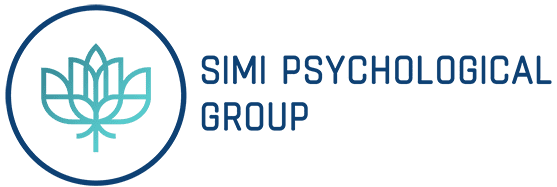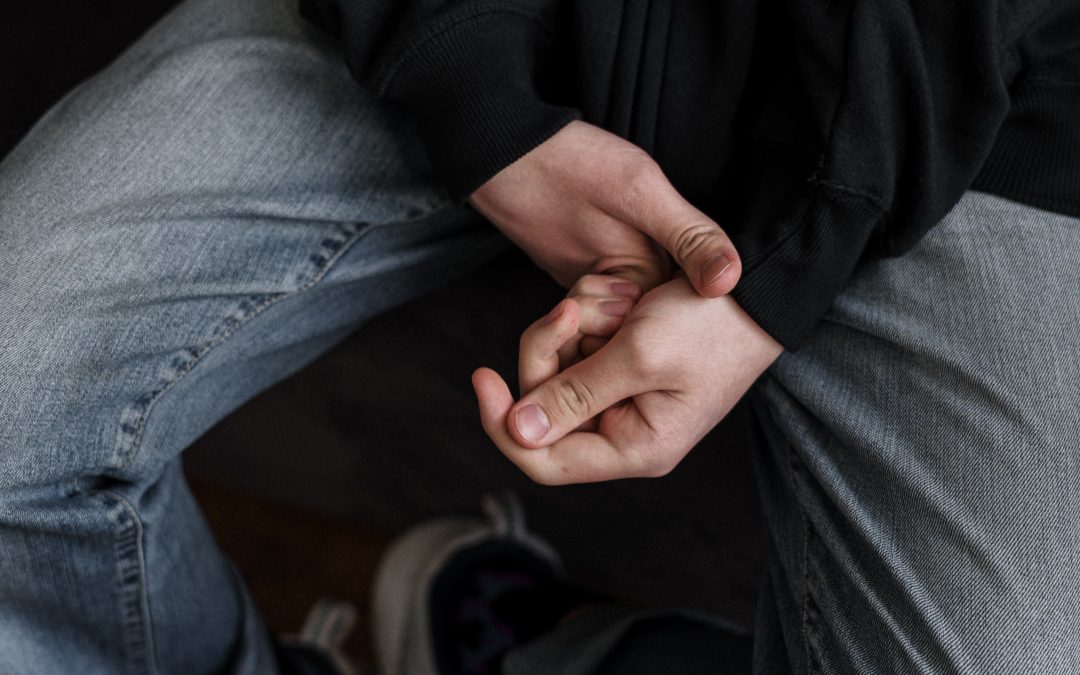Not many of us would voluntarily go back to our teenage years. Sure, if we were lucky, there were some good times. But it was also hard. And overwhelming. And confusing. There was pressure from family, teachers, friends, coaches, instructors, bosses; you name it. In the midst of this, we were just trying to survive, keep our heads above water, and not trip and fall in the middle of the lunch room in front of everyone. Some days, the pressure to fit in and be liked while still trying to figure out who we were as people was unbearable. And then there were the hormones. Yep, adolescence is challenging under the best of circumstances and downright miserable under the worst.
Additionally, teens, these days have to navigate social media that we adults never had to. This means they never get a break, not without a very on-top-of-it parent or some serious self-control (which teens are certainly not known for). And let’s not forget about the pandemic that showed up in 2020 and really rocked their world. Of course, Covid-19 was devastating worldwide, but our teens took a huge hit from which many have not yet recovered.
With underdeveloped brains, overactive hormones, and very little self-awareness or self-control, it’s no wonder many teens are tempted to turn to drugs and alcohol. But at what cost? How does teenage substance use impact their mental health? To help answer these questions, the team at Simi Psychological Group has brought together some of their expertise if working with teens. Our group of therapists in Moorpark specializes in child and teen therapy. To learn more about our therapy services, call (805) 842-1994.
To begin, let’s go back to that brain development. A teenager’s brain is still “under construction,” so to speak.
The prefrontal cortex of our brain, responsible for rational thought, decision-making, and judgment, is not fully formed until age 25. This information is often very helpful for parents, as it explains many things that baffle us. Why, for example, do we find empty milk cartons in the fridge, or why did our teen think it was a good idea to let his friend pull him behind the car on his skateboard?
What happens when a young brain is exposed to mood-altering substances? Nothing good. Those substances interfere with the natural course of development and damage connections. Over time, this can result in lower levels of our natural mood boosters and make it more difficult to experience pleasure or feel happy.
Unfortunately, it’s very common for teens to turn to substances to manage unpleasant emotions they’re already struggling with, such as anxiety or depression or just regular teenage stress. They’re looking for a way to numb or escape those negative feelings. While using drugs or alcohol to “self-medicate,” they don’t realize they’re actually exacerbating the issue. That drink or drug might alleviate their emotional pain in the short run, but ongoing substance abuse leads to increased levels of depression and anxiety, can lead to suicidal thoughts and behaviors, and can trigger a sense of helplessness, hopelessness, and despair.
The cumulative effect of negative consequences is difficult to parse out. Still, as substance use increases and feelings of depression and anxiety increase, academics begin to suffer, athletics, clubs, and activities suffer, and social relationships and physical health. All of these things escalate and further impact the teen’s mental health.
Another major concern is the impact on teens’ impulse control. As stated, adolescents naturally struggle with making good choices because their brains aren’t yet fully developed. But adding alcohol or drugs to the mix will often tip the scale further. Teens may experience a burst of energy while under the influence of alcohol, and instead of slowing them down (alcohol is classified as a depressant,) it may make them more aggressive, more impulsive, and more likely to take chances to make choices that have lasting negative consequences.
Drugs lower inhibition and go hand in hand with recklessness. Life-altering choices like driving drunk or getting into a car with someone under the influence, being sexually active, taking risks about where they’re going and with whom…the list goes on in terms of bad things that can happen when teens are using.
Knowing the risks substances pose to our teens, what can we do about it? Start with a conversation. Avoid lecturing and avoid using scare tactics. They don’t work, and your teen will tune you out. Sometimes we have to trust that little moments can have a big impact.
As parents, we might harbor that fantasy of the beautiful, heartfelt, hour-long, open discussion with our teens where we talk, and they talk. Everyone cries and hugs at the end of the incredibly meaningful conversation…and then we step out to accept our parent of the year award. I hate to burst your parental bubble, but we all know that’s not how it goes. Your teens’ attention span is not on board with that scenario. But, you can take advantage of casual moments like in the car to ask some questions about how they view things or what they’ve observed.
For example, you might lead into it with, “I’ve read online that a lot of teens are using e-cigarettes or taking edibles (pot) in the bathrooms these days. What have you noticed? What do you think you’d do if you ever come across that?” and go from there. Invite your teen to talk by creating a safe space and assuring them that they can be honest.
Show compassion and empathy, not judgment.
“That must be so hard! Gosh, we just didn’t have that same kind of pressure when I was your age” is going to land better than, “You teens don’t know what pressure is! I can’t believe how many dumb choices teens make these days. Back in my day….”
Talk with your teen about the consequences of substance use, and be honest about your family history. If addiction runs in your family, let your teen know they are at higher risk.
Remind your teen that you are there for them, you are a safe person, and they can come to you when or if they ever get into trouble. Talk to them about an exit plan if they find themselves in an unsafe situation, like a party where everyone (even including them) has been using and can’t get home safely. The key is to build that relationship with your teen.
Any child of the 80s might recall the infamous commercial of an egg being cracked into a hot pan with the narrative, “This is your brain,” and “This is your brain on drugs,” as the egg sizzles and fries. It may or may not have turned teens away from substances, but it was memorable.
Teens will always be at risk for substance use. Still, we can keep working to educate them on the dangers and help them develop healthy coping skills to navigate the twists and turns and chaos of those precious years without jeopardizing their mental health with drugs and alcohol.
To learn more about how you can better support through the trials and tribulations of the teenage years, reach out to the professionals at Simi Psychological Group. We work with teens and parents to build support and gain the skills necessary for a better future. Contact our teen therapy specialists in Moorpark by calling (805) 842-1994.

Dr. Novak is the group practice owner and licensed psychologist at Simi Psychological Group a therapy practice in Simi Valley, California. Simi Psychological Group offers a variety of services including trauma therapy, couples therapy, anxiety therapy, teen therapy, and more. Simi Psychological Group emphasizes the importance of creating real change by making sure to get to the root of your struggles.



